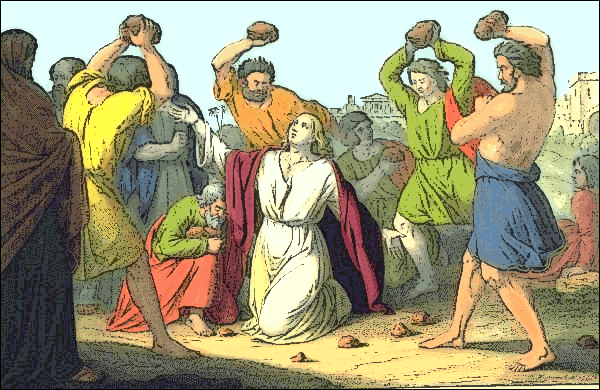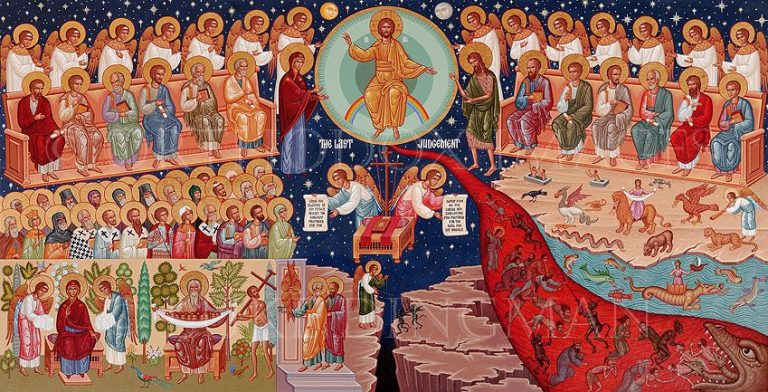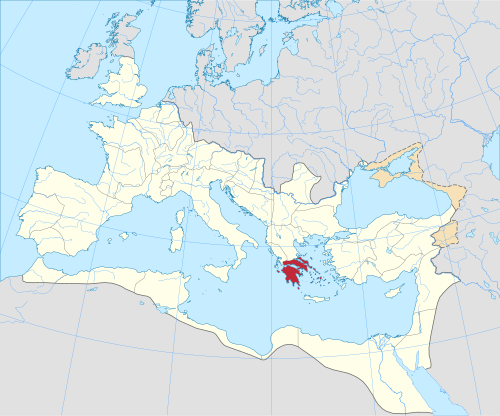Fighting moral equivalence. There are two types of moral equivocating. The first method is using a perceived, or imaginary, evil to cancel out a greater one.
“Yes, it was wrong for them to blow up the World Trade Centers, but it was wrong for us to have marginalized their societies.” This argument, and all the ones like it, are used to make it hard for weak people to fight against evil. You can actually watch these arguments paralyze their minds.
The second type of moral equivocation is taking a phrase that’s not easily contradicted, and using it to excuse a great evil. “I believe in public education. Even though it costs more, and doesn’t effectively teach many children, we need to be sure everyone has an equal chance.”
Catholic Fundamentalists don’t pay any attention to moral equivalence. As soon as we see it, we immediately consider the two Catholic Fundamentalist decision-making principles:
1. Outside the Trinity, no two things are equal.
2. Of any two things, one is better.
When we use First Principle #1, we honor God by raising Him above what He created. First Principle #2 honors God by forcing us to use the free will He so graciously provided.
The “better” choice is always the one that brings us closer to God. It is a sin to avoid making the better choice.








